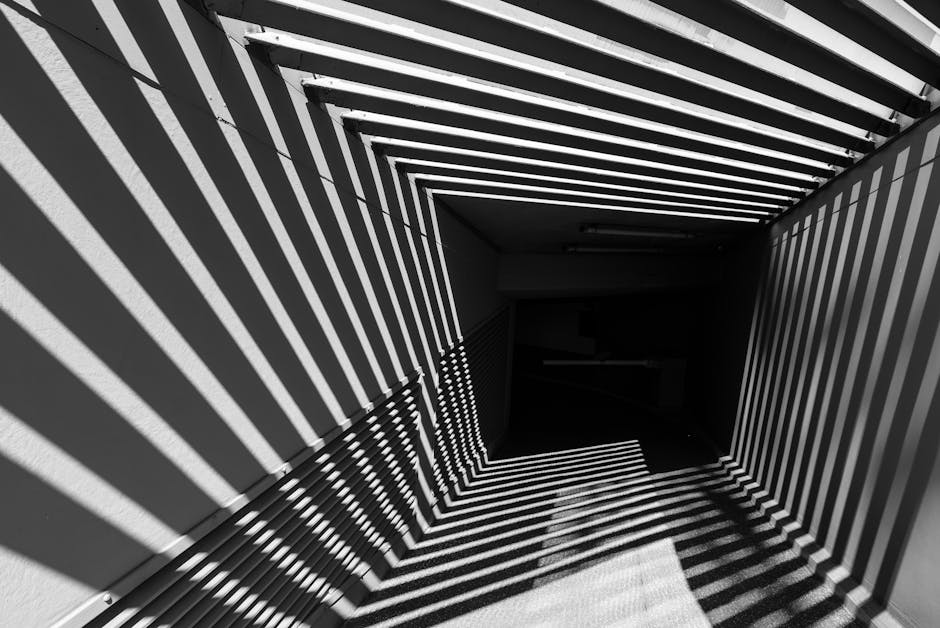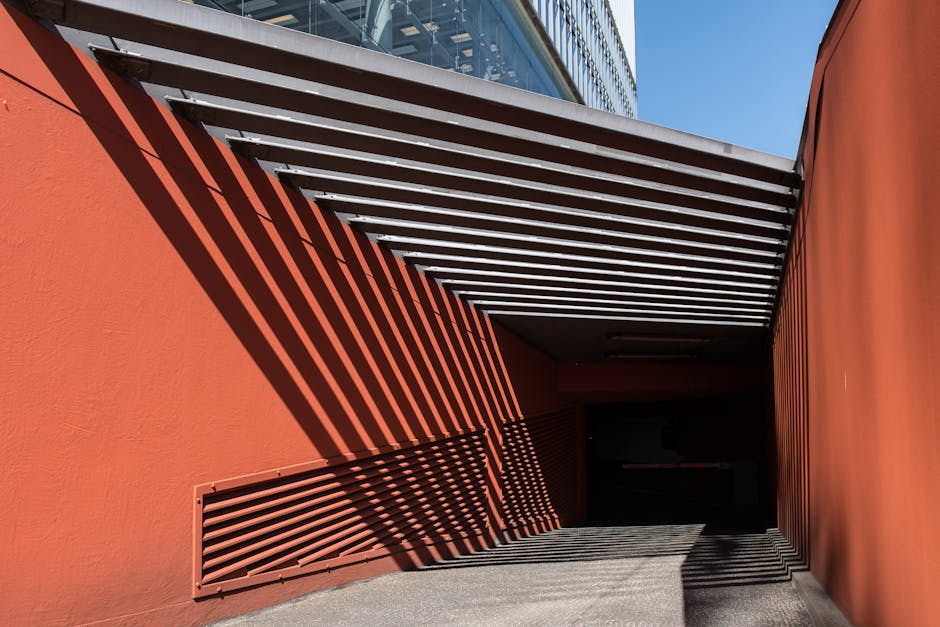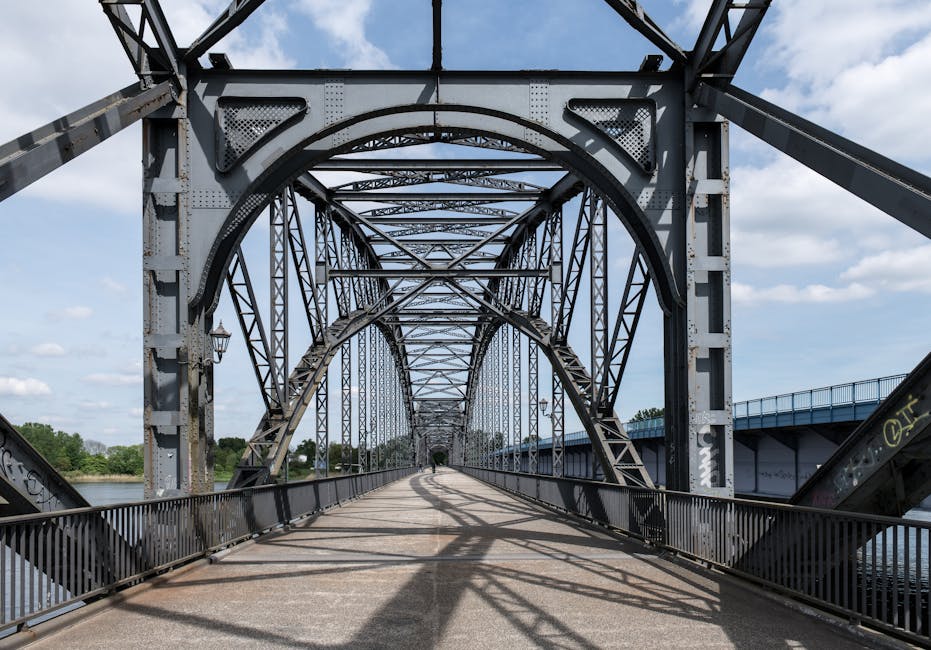Shadow of war poems delve into the profound impact of armed conflict on souls, capturing the harrowing realities of battle through poignant words. These poems are a testament to the human experience of war, offering glimpses into the inner lives of soldiers and civilians caught in its devastating embrace. Their verses evoke the raw emotions of fear, despair, and resilience, painting a vivid mosaic of human resilience in the face of adversity.
36 – Ominous Shadow of War Poems
Whispers in the Dark
In the silence, I hear your voice
A whisper in the dead of night
A warning of the coming choice
To stand or fall, to live or fight
Shadows on the Wall
Shadows dance upon the wall
Foreboding of the battle’s call
The wind it howls, the trees they sway
As war’s dark presence comes to stay
Dreadful Dawn
The sun rises, blood red sky
A dreadful dawn, a fatal sigh
The earth it trembles, the winds they moan
As war’s dark shadow draws anear alone
The March of Fate
The drums of war, they beat and sound
A mournful march, a funeral ground
The fate of nations, lost and found
In the depths of darkness, all around
War’s Cruel Hand
The innocent, they cry and scream
As war’s cruel hand, their lives would seem
To snuff the light, to end the dream
Leaving only death, and bitter theme
The Last Goodbye
I held you close, I kissed your cheek
As war’s dark shadow, our love would seek
To tear us apart, to make us weak
In the end, only tears would speak
Forgotten Graves
Forgotten graves, on foreign soil
The unknown soldier, with no sweet toil
Their names, their faces, lost in time
Echoes of a war, that’s left no rhyme
War’s Eternal Night
The darkness falls, the stars go out
As war’s eternal night, devours the rout
The world it sleeps, in endless pain
And in the darkness, love’s in vain
The Lost Generation
A generation lost, in endless fight
Their youth, their hopes, their dreams, lost sight
Their names, their faces, etched in stone
A testament to war’s cruel throne
Winter’s Chill
Winter’s chill, it seeps to the bone
As war’s dark shadow, makes the heart of stone
The winds they howl, the snow it falls
And in the cold, the heart stands tall
Blood-Stained Snow
Blood-stained snow, it crunches beneath
As war’s dark shadow, brings forth death
The earth it weeps, the winds they moan
As blood-stained snow, is all that’s known
Enjoying these poems? You can also create your own poems with our Advanced AI Poem Generator.
The Shadow of War’s Silence
In the stillness of a shattered land
Echoes of screams resound in hand
The wind whispers secrets of the past
As crickets mourn the lives that didn’t last
Fading Light of Dawn
As sunrises fade with every sigh
The war’s dark shadow draws nigh
Yet hope whispers truths of a new day’s birth
Perhaps afar, love and peace will disperse
Brotherhood of Battle
Side by side they stood, a line of might
Their brothers’ cries, a haunting light
In blood and dust, they fought to be
For nations’ pride, or liberty
Refuge in the Night
Stars above, a canopy of white
A solace from the battle’s endless fight
In darkness, weary hearts find rest
Their dreams of peace, their souls’ arrest
Battle’s Elegy
Mournful dirges echo through the land
As war’s dark shadows spread their hand
The cries of mothers, children’s tears
Echoes of a nation’s deepest fears
Pale Moon of Sacrifice
A ghostly glow, a beacon bright
Guiding lost souls through endless night
In blood-soaked fields, their final stand
For freedom, justice, or a noble hand
Silence of the Dead
In silence lies their final rest
Their stories, secrets, and souls, repressed
The war’s dark shadow, a fatal stain
Leaves only silence, and the pain
Ominous Dawn of War
As sunrises rise, a new day’s birth
War’s dark shadow stalks the earth
With every step, a battle’s cry
Echoes of a nation’s deadly sigh
War’s Ominous Sign
In twilight’s hush, where shadows play
A darkness stirs, and war’s at bay
The whispering winds begin to declare
A solemn pledge, a fatal snare
That echoes loud, a haunting refrain
A dirge that echoes, a deadly strain
That chases peace, and brings despair
And drapes the land in mourning’s care
The scent of smoke, the scent of fear
As death’s dark wings, the cities peer
The rumble loud, the boom and crash
The earthquake’s roar, the war’s keen dash
The cries of pain, the cries of woe
As nations clash, and empires low
The roar of guns, the hiss of flame
The burning earth, the city’s name
Silence in the Valley
In silent valleys, where once life thrived
Now death’s cold grip, the landscape driived
The wind whispers secrets, of what’s past
As bones protrude, like broken glass
The trees stand tall, like skeletal hands
Reaching for the sky, in death’s commands
The rivers dry, the earth is grey
As war’s dark shroud, has come to stay
In this stillness, where death has reigned
A somber peace, a haunted refrain
The echoes die, the voices fade
As midnight silence, war’s dark shade
Has wrapped the land, in endless night
And left the valley, devoid of light**Whispers of War**
In the stillness of the night, I hear it come,
A distant rumble, like a dying drum.
A shadow looms upon the land,
A force unyielding, by no man banned.
It marches forward, consuming all,
A heartless beast, with no pity for the small.
It leaves in its wake a trail of dread,
A path of sorrow, where peace is dead.
**The Shrouded Sword**
A weapon lies hidden in the night,
Its edge so sharp, a beacon of light.
Concealed in darkness, it waits to strike,
A symbol of despair, a harbinger of likes.
Its shadow casts a chilling spell,
Upon the hearts of those who dwell.
In the silence, it utters a vow,
A promise of chaos, bound in a shroud.
**Echoes of Conflict**
A symphony of destruction, a chaotic score,
Echoes through the air, like never before.
The shadow of war, advances with a roar,
Leaving in its wake, a land that was once more.
A ballet of bullets, a waltz of dread,
A crescendo of carnage, that refuses to fled.
The melody of malice, resounds ever clear,
A requiem of remorse, that all will hear.
**Danse Macabre**
A macabre dance, beneath the moon’s pale glow,
A stage of shadows, where life’s curtain falls slow.
The dancers move, with a eerie grace,
A ballet of black, with no saving grace.
The steps are heavy, with a grim refrain,
A deadly cadence, that won’t abstain.
The shadow looms, over the dancers’ heads,
A symbol of death, where life has fled.
**Specter of Strife**
A spectral figure, on the battlefield,
A force of darkness, that no man can wield.
It moves with purpose, with no remorse,
A harbinger of doom, on its deadly course.
A shroud of sorrow, envelops the land,
A tale of terror, at the beck and call.
The shadow of war, it leaves in its wake,
A future of fate, that none can undo, nor forsake.
**Assembly of Anguish**
A congregation of sorrow, beneath the stormy skies,
A gathering of tears, that the heavens can’t deny.
The shadows grow, with each tear that falls,
A symphony of sobs, that the earth hears, and therein enthralls.
The shadow of war, advances with its might,
A congregation of fear, that grips the land so tight.
The air is heavy, with a leaden sigh,
A tale of torment, that the night won’t let lie.
**Cortege of Calamity**
A procession of destruction, that snakes its way,
A train of turmoil, that won’t be swayed.
The shadows grow, with every marching step,
A wake of woe, where no breath of life is left.
The heavy tread, of an unstoppable dread,
A Cortege of Calamity, without a decent burial bed.
The darkness swallow, all that lies in its path,
A legacy of loss, in the shadow’s fierce aftermath.
**The Shadowed Tide**
A tide of darkness, washes over the shore,
A deluge of despair, that no one can ignore.
The shadows lengthen, with a mournful cry,
A tidal wave of tears, that none can deny.
The water recedes, leaving behind a trail,
A story of strife, that can never ever fail.
The shadow of war, leaves its imprint upon the land,
A future of struggle, where nothing’s left unplanned.
Most Popular Poems About the Devastating Shadow of War
“Dulce et Decorum Est” by Wilfred Owen
This powerful poem is a vivid depiction of the horrors of war, delving into the physical and emotional toll it takes on soldiers. Owen’s masterful use of imagery and irony exposes the harsh reality of war, stripping away its romanticized facade. The poem’s Latin title, “Dulce et Decorum Est,” translates to “It is sweet and fitting,” but the poem’s contents are anything but, instead conveying the brutal chaos and devastating consequences of war.
“The Soldier” by Rupert Brooke
This sonnet is a poignant reflection on the sacrifice of war, exploring the themes of identity, mortality, and the fleeting nature of human life. Brooke’s poem is a beautiful expression of the pain and loss that war inflicts, as the speaker contemplates the possibility of his own death on foreign soil. The poem’s gentle tone and tranquil imagery belie its profound emotional impact, making it a timeless classic of war literature.
“In Flanders Fields” by John McCrae
This iconic poem is a haunting tribute to the fallen soldiers of World War I, evoking the haunting imagery of poppies blooming on the battle-scarred fields of Flanders. McCrae’s poem is a powerful call to action, urging the living to remember the sacrifices of the past and to strive for peace in the present. The poem’s simple, yet potent language has made it a beloved and enduring symbol of remembrance.
“The Waste Land” by T.S. Eliot
This modernist masterpiece is a sweeping epic that grapples with the disillusionment and fragmentation of society in the aftermath of World War I. Eliot’s poem is a complex tapestry of allusions, imagery, and ennui, capturing the spiritual bankruptcy and moral decay of a world torn apart by conflict. The poem’s disjointed narratives and experimental form mirror the chaos and disorder of the time, creating a sense of disorientation and disillusionment.
“Do Not Weep, Maiden, for War Is Kind” by Stephen Crane
This poem is a scathing critique of the romanticized view of war, instead presenting a harsh and unvarnished portrait of its brutal reality. Crane’s poem is a powerful exploration of the devastating consequences of war, from the destruction of innocence to the dehumanizing effects of violence. The poem’s sarcastic tone and ironic juxtapositions make it a biting commentary on the futility and horror of war.
“The Man He Killed” by Thomas Hardy
This poem is a quiet meditation on the human cost of war, exploring the moral complexities of taking a life. Hardy’s poem is a powerful exploration of the psychological toll of combat, as the speaker grapples with the implications of his actions. The poem’s simple, yet profound language creates a sense of introspection and regret, making it a haunting reflection on the human experience of war.
“Bayonet Charge” by Ted Hughes
This poem is a visceral and intense depiction of the chaos and violence of war, capturing the primal instincts and adrenaline-fueled fury of combat. Hughes’ poem is a powerful exploration of the animalistic aspects of human nature, as the speaker becomes lost in the frenzied din of battle. The poem’s language is raw, brutal, and unflinching, creating a sense of immersive intensity.
“The Volunteer” by Herbert Read
This poem is a poignant exploration of the complexities of war, delving into the motivations and moral ambiguities of those who fight. Read’s poem is a powerful exploration of the human psyche, as the speaker grapples with the contradictions of war, from the desire for adventure to the reality of destruction. The poem’s gentle, yet probing language creates a sense of introspection and doubt.
“Reconciliation” by Walt Whitman
This poem is a powerful meditation on the human cost of war, exploring the themes of death, mourning, and reconciliation. Whitman’s poem is a profound expression of the human need for connection and understanding, as the speaker seeks to find solace in the face of loss. The poem’s language is characteristically expansive and celebratory, yet tempered by a sense of sorrow and regret.
” Anthem for Doomed Youth” by Wilfred Owen
This sonnet is a powerful condemnation of the futile slaughter of war, as Owen laments the loss of young lives to the merciless machinery of conflict. The poem’s language is rich, musical, and evocative, conjuring the sensory chaos of battle and the devastating consequences of war. Owen’s poem is a passionate cry against the senseless destruction of youth, making it a timeless classic of anti-war literature.
“Elegy in a Country Churchyard” by Thomas Gray
This poem is a beautiful and contemplative exploration of mortality, elegy, and remembrance, set against the tranquil backdrop of a rural churchyard. Gray’s poem is a powerful meditation on the transience of human life, as the speaker reflects on the passing of time and the inevitability of death. The poem’s language is stately, measured, and reflective, creating a sense of calm contemplation.
“O World, Thou Choosest Not the Better Part” by Henry Vaughan
This poem is a powerful critique of the destructive nature of war, as Vaughan laments the chaos and devastation it brings. The poem’s language is rich, symbolic, and evocative, conjuring the apocalyptic imagery of a world torn apart by conflict. Vaughan’s poem is a passionate call to reject the vicious cycle of violence, instead embracing a path of peace, love, and redemption.
The Power of Shadow of War Poems
Shadow of War poems have the ability to evoke powerful emotions and transport readers to the front lines of battle. These poems often explore themes of heroism, sacrifice, and the human condition in the face of war. They can provide a unique perspective on the experiences of soldiers and civilians alike, shedding light on the complexities and tragedies of war.
The Role of Metaphor in Shadow of War Poetry
Metaphor is a powerful tool in shadow of war poetry, allowing poets to make connections between the physical realities of war and the emotional experiences of those involved. For example, a poet might use the metaphor of a storm to describe the chaos and destruction of a battlefield, or the metaphor of a wound to represent the emotional scars of war. These metaphors help to illuminate the deeper meanings and themes of the poetry.
The Use of Imagery in Shadow of War Poems
Imagery is another important element of shadow of war poetry. Poets use vivid and detailed descriptions to bring the battlefield to life, allowing readers to visualize the sights, sounds, and smells of war. This use of imagery helps to create a sense of immersion, making the poetry more engaging and impactful.
The Impact of Shadow of War Poetry on Society
Shadow of war poetry has the power to shape societal attitudes and perceptions of war. These poems can challenge popular narratives and offer a more nuanced view of the realities of war. They can also serve as a form of memorial, preserving the memories and experiences of those who have served in combat.
The Influence of Historical Events on Shadow of War Poetry
Historical events often serve as the inspiration for shadow of war poetry. Poets may draw on their own experiences or those of others to create poetry that reflects the realities of a particular conflict. For example, a poet might write about the experiences of soldiers in World War I, or the impact of the Vietnam War on civilians. These historical events provide a rich source of material for shadow of war poetry, allowing poets to explore the complexities and tragedies of war in a meaningful way.
The Importance of Shadow of War Poetry in Education
Shadow of war poetry has an important role to play in education, providing students with a deeper understanding of the realities of war. These poems can help to foster empathy and understanding, allowing students to connect with the experiences of soldiers and civilians. They can also serve as a valuable resource for teaching history, offering a unique perspective on historical events.
The Future of Shadow of War Poetry
Shadow of war poetry will continue to be an important form of expression, providing a voice for those affected by war. As new conflicts emerge, poets will continue to use their words to shed light on the complexities and tragedies of war. Through their poetry, they will preserve the memories and experiences of those who have served, and challenge societal attitudes and perceptions of war.



